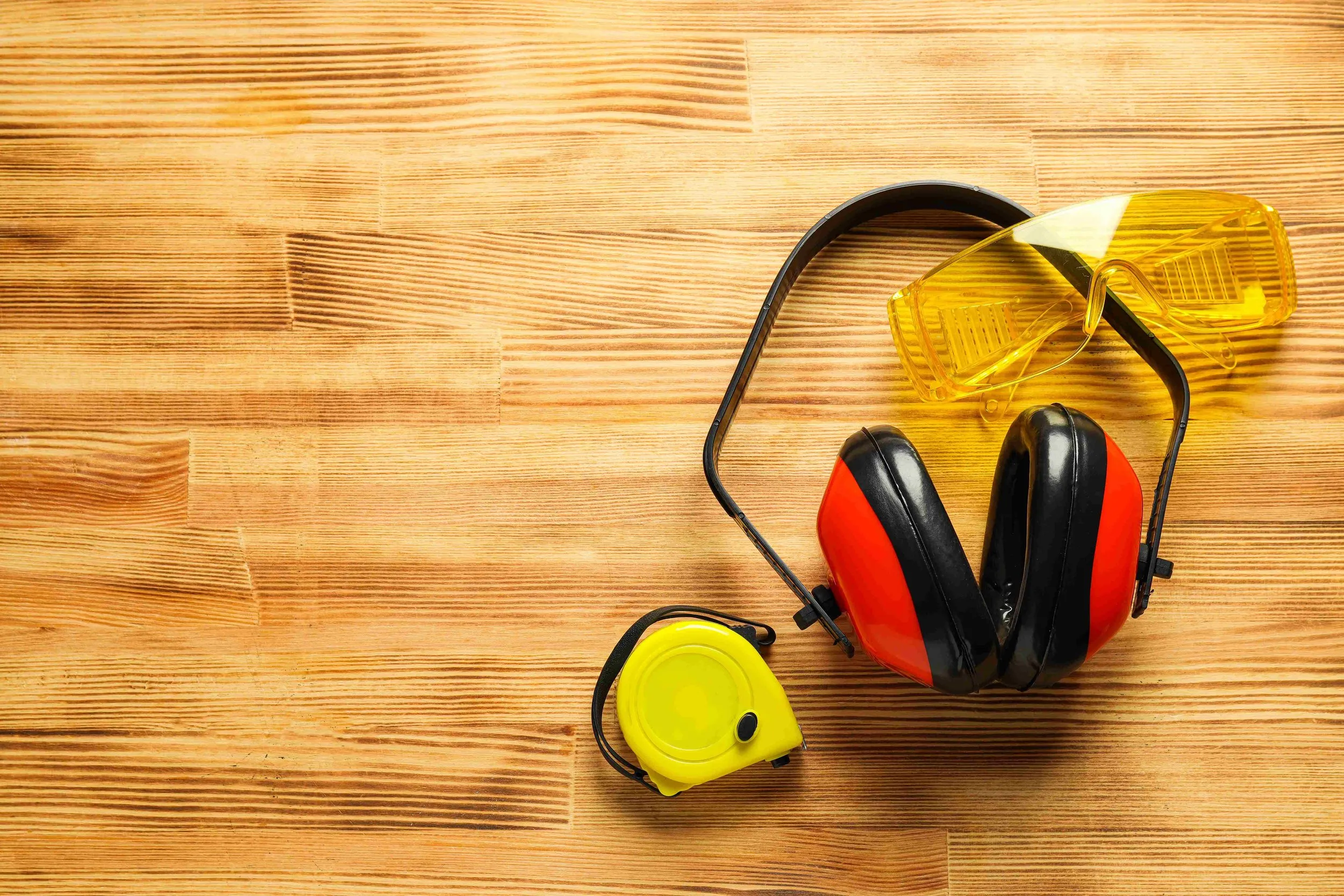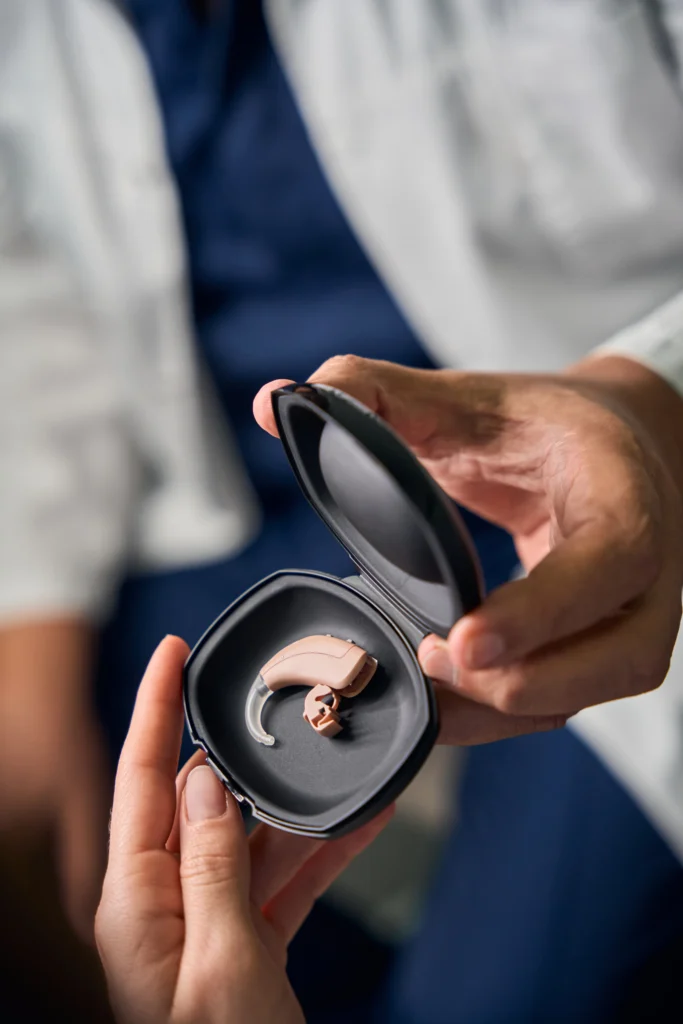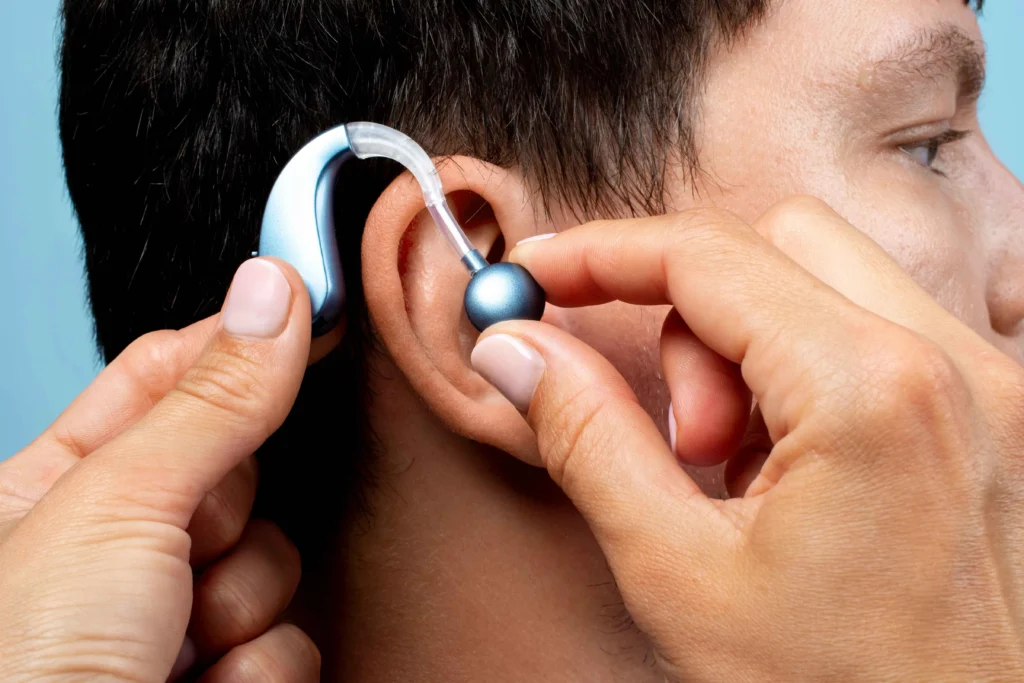Hearing protection is something that deserves more attention. Most people that see an audiologist with hearing issues will find out that loud noises caused their problems. If you’re consistently exposed to loud sounds, you could damage your hearing.
So, it stands to reason that the best way to combat this is by protecting your ears. This is where hearing protection comes in as it stops loud noises from damaging your hearing. In effect, they essentially act as a buffer that reduces the level of noise you hear. It’s a simple concept, but hearing protection can help prevent hearing loss in healthy individuals.
Lots of hearing protection options are available, so how do you choose the right one? Well, here are three vital tips to help you make your decision:
Understand the noise reduction levels
First, you need to know how much noise reduction is required. To understand this, you have to know what’s considered a dangerous level of noise. All audiologists agree that you shouldn’t be exposed to sounds that exceed 85 decibels. When sounds are louder than this, it will damage the sensory cells in your ears, which can lead to hearing loss – and they can also rupture your eardrum as well.
Of course, the damage won’t happen instantly – but it will happen quicker if you’re exposed to these sounds for too long. As an example, a lot of power tools can exceed 95dB, while many mobile devices and music players can reach maximum volumes of 100dB or more.
So, your task is finding hearing protection that reduces harmful noises below the danger limit. You want something that brings you down below the 85dB threshold. Don’t get too much reduction as this can completely restrict your hearing and make it feel like you’re deaf. Your audiologist will usually suggest reducing the noise levels to 75dB.
All hearing protection comes with a number that tells you how much protection you get. If you’re exposed to 95dB of noise, then you need hearing protection that gives around a 20dB reduction. It all depends on the sounds you’re exposed to, and how often you’re exposed to them.
Consider your daily routine
Next, you must think about the things you do every day. If you need hearing protection because you work on a construction site, then you must consider your regular routine. What tasks do you have to do? If you need to communicate with people, then you can’t wear hearing protection that completely cancels out all noise. It makes you deaf to everything, leading to problems at work.
As such, you may need hearing protection with built-in communication systems. A lot of earmuffs come with microphones and speakers that let you talk to other people while still getting the required protection.
On the other hand, if you only need hearing protection for an upcoming concert, then your requirements are less complicated. Realistically, you need something that reduces the noise levels while still allowing you to enjoy the concert.
So, think about why you need the hearing protection and how it may impact your regular routine!
Think about what’s comfortable for you
Lastly, you should think about what you find the most comfortable. There’s no use buying hearing protection if it feels horrible in your ears. More often than not, you’ll avoid wearing them because you’re uncomfortable.
In general, there are two main types of hearing protection, but a plethora of different styles and variations within:
Earmuffs: Devices worn over the ears to block out sound
Earplugs: Can be soft, solid or molded and come in both disposable and custom varieties
Your task is to consider both options and work out which one suits you best. Some people love earplugs, but others don’t like how they feel. If you do go down this route, then it helps to buy custom-made earplugs instead of ones from a store. Your audiologist should be able to help you with this as they can make impressions of your ears and get plugs made to fit them perfectly.
There’s no right or wrong answer when it comes to choosing hearing protection. Use these three tips to help filter the options and figure out what will suit you best of all.
Contact Adirondack Audiology for more information
If you need help choosing some hearing protection, then feel free to get in touch with us. We provide advice on all things related to hearing and hearing loss. Call us at +1 (802) 922-9545 to find out how we can help.









